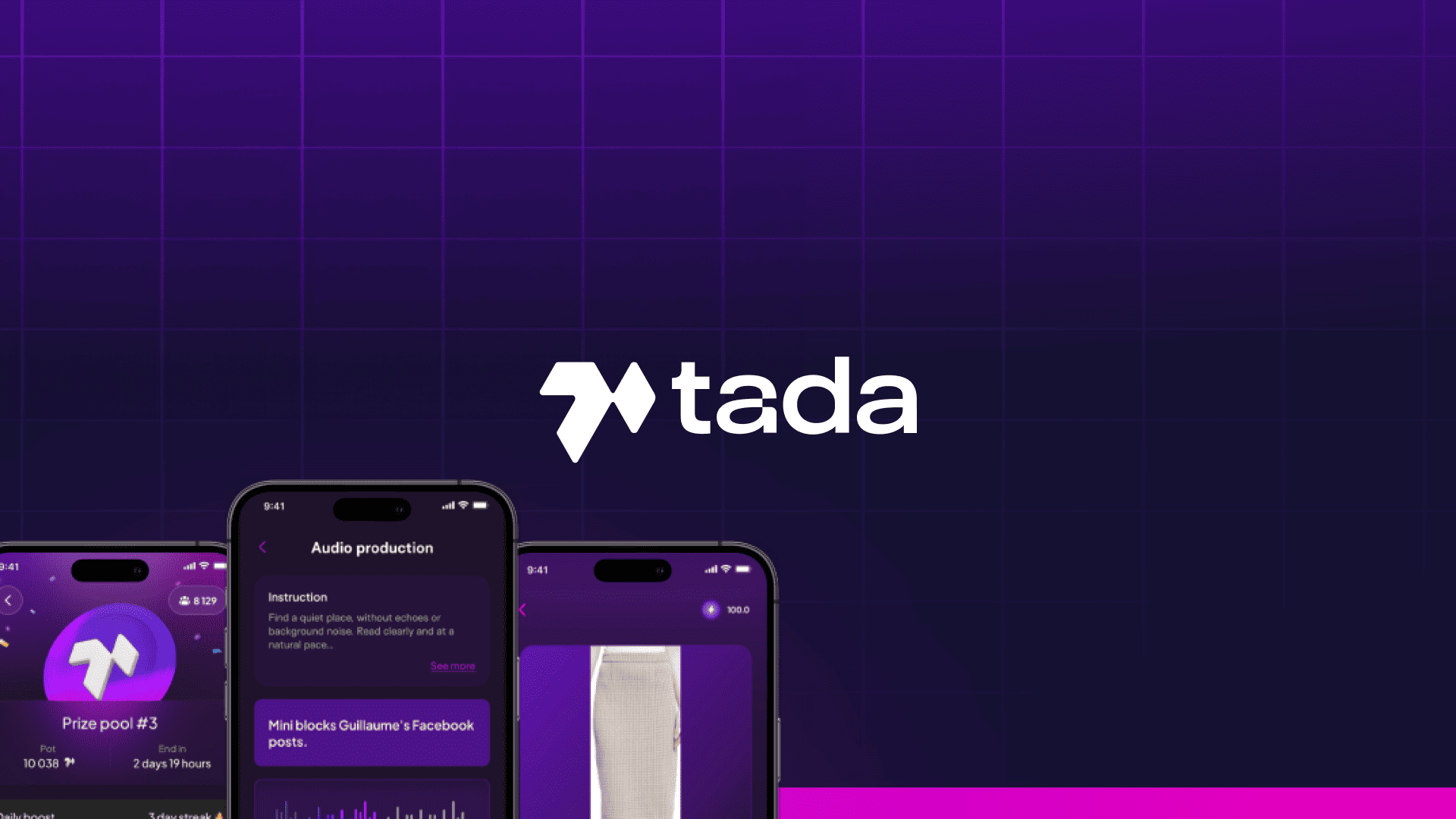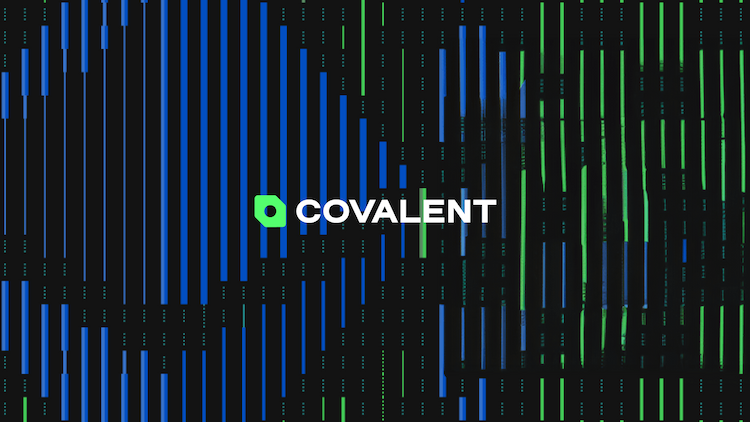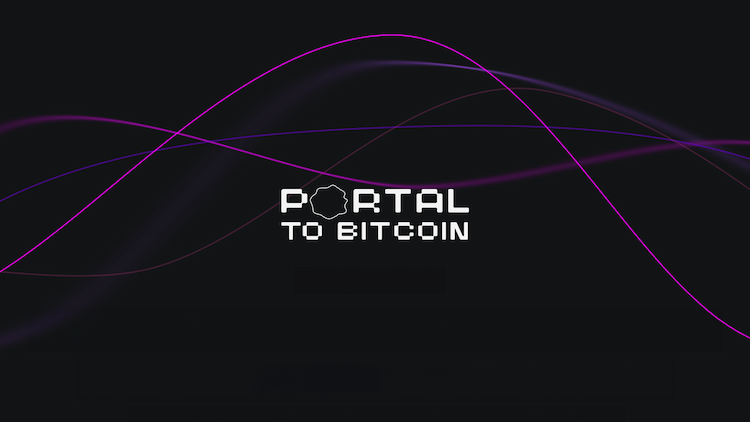
The data collection market is set to grow at a 25% CAGR, reaching $109 billion from $63 billion by 2032. Coupled with the advent of AI and its primary source of knowledge running on data, AI companies are bound to become the most significant consumers of data.
Because of this, AI companies need more diverse, affordable, and high-quality data. Aiming to solve this is Ta-da, an app that enables custom data sets to train AI models, ensuring agents are provided with quality data.
This month's project review will cover everything from the founding team behind Ta-da to how the app works and its token economy.
What is Ta-da
Ta-da is the first Talk-to-Earn Web3 app and digital marketplace to connect businesses with individuals to earn tokens via recording voice data. The project evolved from Vivoka, a French-based AI company focusing on voice technologies. The project's live Beta app uses gamification to crowdsource and gather voice data from various users, which is then stored and authenticated on the blockchain. To date, 5K users have completed 2.5K tasks on the app.
The Ta-da app has three essential “users”: Companies, Producers, and Checkers. These three users go through the following steps on the app:
How the App Works:
- A company submits a “job” on the Ta-da app (for example, it needs data to train its voice assistant).
- Ta-da splits the “job” into micro-tasks sent to individual producers.
- The producer completes the micro-tasks by recording their voice, which is sent to the checkers for security reasons.
- The checkers ensure the producers have recorded quality data and vote for the validity of the data.
- If the data is valid, the producers and the checkers are paid via the native token $TADA; the data is then sent to the original company that requested the “job.”
Ta-da works directly with companies with several Data needs. Given that the project stems from Vivoka, an AI protocol focused on voice technologies, Ta-da has been building its voice feature on the app, catering mainly to companies needing data to train AI Voice agents (for example, Siri, Alexa, etc.).
Ta-da has already implemented the following features:
- Voice Data Production and Verification: As previously mentioned, Ta-da allows users to generate and verify voice data sets to enhance voice recognition systems and smart assistants.
- Image Labeling: Ta-da offers several image labeling methods to aid in training computer vision models, including:
- Image Classification: Categorizing entire images (for example, distinguishing "cat" from "dog").
Gamification and In-App Token Economy
Ta-da is a Talk-to-Earn Web3 app that connects businesses with individuals who can earn tokens by recording voice data. The app uses gamification to crowdsource and gather voice data from various users, which is then stored and authenticated on the blockchain. The earned tokens are distributed through a prize pool system that incentivizes healthy competition between users.
Ta-da's token economy heavily incorporates gamification as a user incentive. Upon joining, new users are greeted with a customizable robot named Tadz. Users can personalize their Tadz with various items, some purely cosmetic for self-expression and others practical for earning more within the application. Beyond individual customization, Tadz serves a social function by enabling users to view statistics, compare with others, and explore new objects and features. Within the app, users are further incentivized via a league system that encourages healthy competition between users. Additionally, as players complete more tasks, they gain experience points (XPs), which help them level up and gain more skills. The different skills include:
- Endurance: Increases the user's maximum energy level. For example, all users start with a 100-point energy bar. By allocating a skill point to this attribute, the user could have a 120-point energy bar.
- Agility: The user can gain multiple skill points when leveling up.
- Luck: Enhances the user's chance of looting items and gifts when performing tasks.
Fundraising
Ta-da has a strong board of advisors, including Hasheur, CEO of Meria, Luc Julia, creator of Apple’s Siri, and Morningstar Ventures CEO Danilo S. Carlucci. Regarding funding, in 2021, Morningstar Ventures incubated Ta-da, leading its seed round in early 2022. Throughout 2023, MultiversX became the protocol’s underlying chain and ecosystem, co-leading Ta-da’s private round with Morningstar Ventures.
The capital raised will help the project develop its infrastructure and expand its AI data marketplace and app – powered by MultiversX technologies. Other investors include X Ventures, GBV Capital, Alpha Protocol, Spark Digital Capital, and NXGEN Capital.
What’s Next for Ta-da
Concerning the product, Ta-da intends to function in three domains: Voice, Computer Vision, and Text. However, recognizing the increasing demand for natural language processing data, the team initially prioritized development in the "Voice" domain. The team will also be focusing on the development of its AI Marketplace.
Upcoming xLaunchpad
Ta-da is the next project on xLaunchpad, a MultiversX-driven platform and the official token launchpad. It enables projects built on the ecosystem to launch successfully with the support of the community and MultiversX team. Beyond funding, the xLaunchpad aims to provide support, including mentorship, resources, and networking opportunities. In Q1 of 2024, Ta-da will hold an IDO on xLaunchpad.
-------------------------------------------------------------------
Learn more about Ta-da:
🌐 Official website: https://ta-da.io/
🐦 Official Twitter: https://twitter.com/Ta_da_io
📜 Whitepaper: https://docs.ta-da.io/introduction/overview
🕹️ Discord channel: https://discord.com/invite/MYFuBj9VS4



